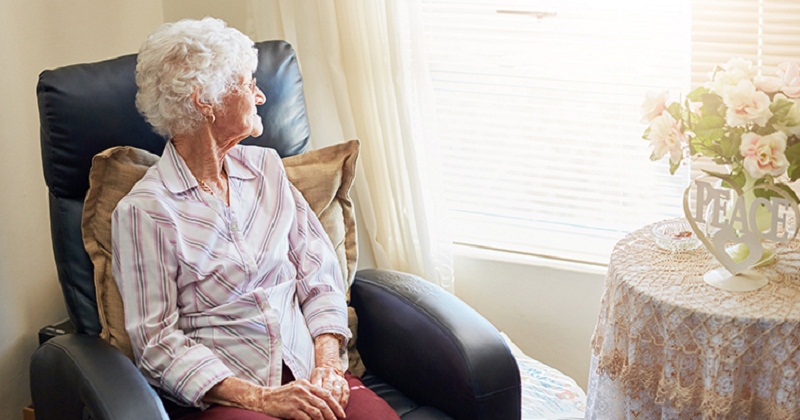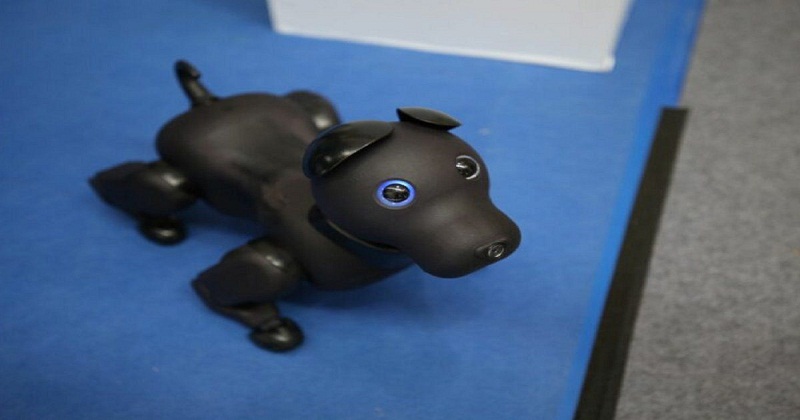
A type of robotic dogs that are very different in appearance and functionality from SPOT has garnered attention for the services they are offering to elderly people amid the COVID-19 pandemic. Canine companionship can relieve stress, depression, anxiety, and loneliness. They also help to keep us physically active, and thus healthier both mentally and physically. Most of us have seen viral videos of the robotic dogs that scientists and the military are working to build. Some of these move like dogs and are inspired by real dogs. But they are distinctly not doglike. That said, robotic dogs are much more accessible and less like science fiction than you might think.

Electronic pets are becoming increasingly common, and no, we don’t mean the keychain Giga Pets of the 1990s. Joy for All Companion Pets is “lifelike” robotic dogs (and cats) specifically designed for seniors. These programed plushies are designed to give a sense of companionship and comfort to senior citizens, especially those living with dementia or Alzheimer’s. Companion Pet dogs cost around $130 and can be purchased online through retailers like Amazon and pharmacies like CVS. Unlike a traditional stuffed animal, the Companion Pets are interactive—they have a heartbeat and respond to human touch and interaction. Robotic dogs were developed with extensive input from older adults and designed to look, sound, and feel just like real puppies without the responsibilities of pet ownership.
In pre-COVID times, trained and certified therapy dogs visited hospitals and nursing homes, along with their owner/handlers, to entertain and emotionally support patients and residents. Significant research has shown that these therapy dogs benefit the people they visit in a variety of ways. Beyond being a link to the outside world and providing a welcome distraction from a medical environment, petting dogs can support mental stimulation that assists Alzheimer’s patients with recalling memories. Therapy dogs can also serve as ice breakers between doctors, medical staff, and patients. They can also help patients relax during physical therapy exercises and offer gentle motivation. Some patients can even develop similar kinds of relationships and benefits from engaging with robotic dogs.

Post Your Comments